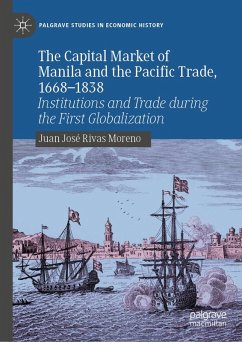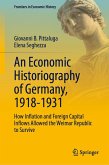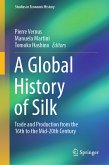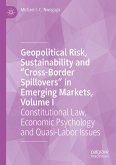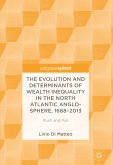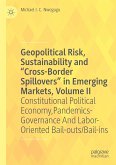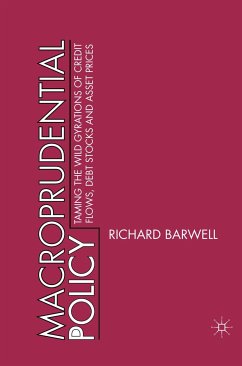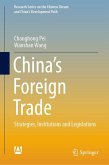The book explains how trade between Asia and Spanish America across the Pacific, which lasted for 250 years (1571 - 1815) was financed from the city of Manila.The book analyses the political economy and institutional structures of the Manila capital market in the context of the global silver trade, as well as addressing key similarities and differences with European trade routes and differing approaches to colonialism and commerce in Asian waters. It traces how the Manila capital market emerged in a bottom-up process with a redistributive aspect that tied the interests of citizens with the fortunes of trade, using institutions familiar to the public like legacy funds, brotherhoods and lay religious orders to pool liquidity, originate working capital, and internalise the risk of loss at sea. It challenges the notion that there is a normative model for the development of capital markets and introduces an industrial organisation analysis to the broader structure of Early Modern trade in the Spanish Empire. Sitting at the intersection of economic and financial history, global history, imperial history and political economy, this book will be a cutting-edge and valuable resource for a broad range of scholars.
Juan José Rivas Moreno is a historian of early modern finance, specialising in the financing of the Pacific trade. He obtained his PhD in Economic History from London School of Economics in 2023 with a thesis on the capital market of Manila which received the Coleman Prize 2024. Juan José was the recipient of a Newberry Library short-term fellowship and held an Economic History Society Fellowship in 2023-2024. Currently he is a Max Weber fellow at the European University Institute in Florence.
Dieser Download kann aus rechtlichen Gründen nur mit Rechnungsadresse in A, B, BG, CY, CZ, D, DK, EW, E, FIN, F, GR, HR, H, IRL, I, LT, L, LR, M, NL, PL, P, R, S, SLO, SK ausgeliefert werden.

